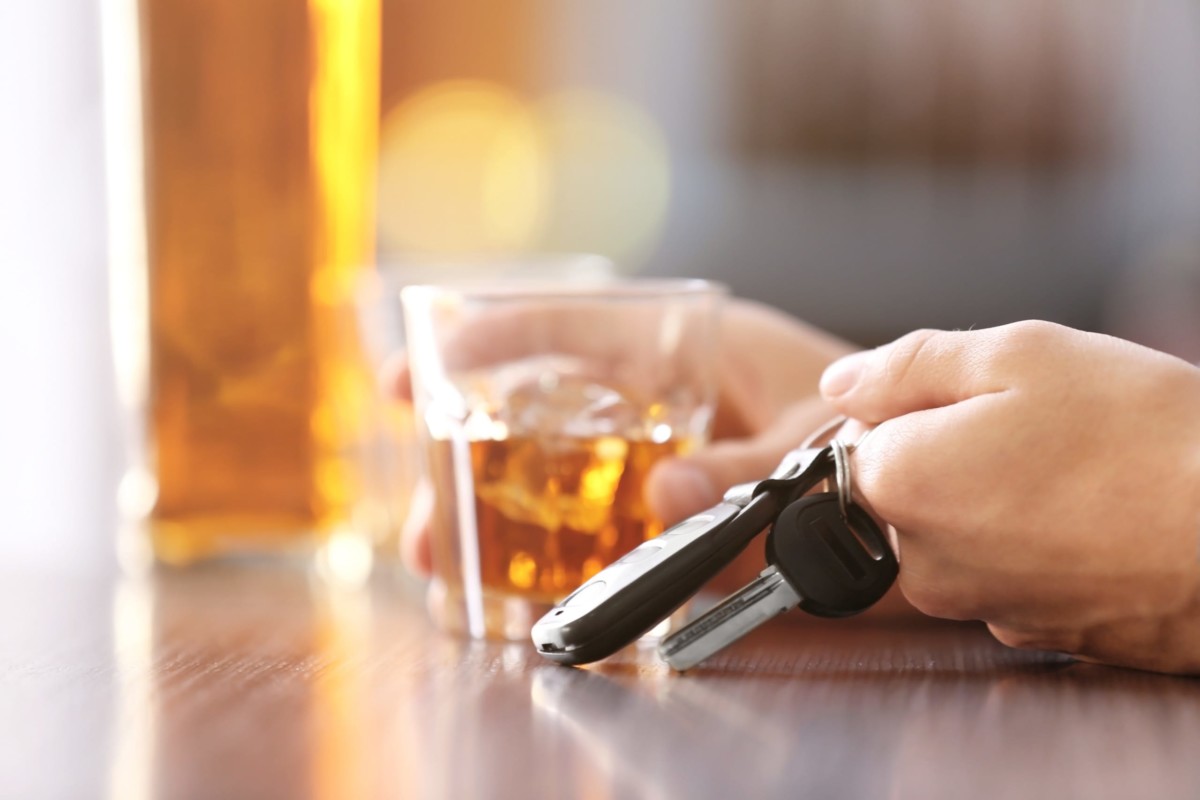In Michigan, the state’s drunk driving statute can be found under Section 257.625, operating motor vehicle while intoxicated (OWI), which means the same thing as driving under the influence or DUI.
In Michigan, no person shall operate a vehicle upon a public highway within the state while the person is operating while intoxicated. Operating while intoxicated means:
- Under the influence of alcohol, a controlled substance, another intoxicating substance, or a combination of alcohol and drugs.
- The person has a blood alcohol content (BAC) of .08%.
- A person is under the age of 21, and has a BAC of .02%.
Under Michigan’s implied consent law, when you are driving a vehicle, you have given consent to a chemical test for the purpose of determining the alcohol level in your blood. If you refuse to submit to a chemical test in the form of a blood, breath, or urine test, you face an automatic driver’s license suspension regardless if you were drunk driving or not.
For a first refusal, you face an automatic one year license suspension and 6 points added to your driver record; for a second refusal within 7 years, you face a two year license suspension and an additional 6 points added to your driver record.
Will I have to go to jail?
Although there is no minimum jail time, a judge could sentence you to jail for a period of time up to 93 days. Fines and costs can be over $1,000 and you may be ordered to complete various education programs and perform community service during a period of probation. There are also significant penalties on your driver’s license, such as possible suspension and/or restrictions.
Second offenses get more severe, and if it is a third offense, you will most likely be sentenced to prison time.
Can my DUI charges get reduced?
You may have the opportunity to plead your charge down in a plea agreement. Often a charge of Operating While Intoxicated can be lowered to another charge such as Operating While Impaired. I can help get you to a qualified defense attorney who can explain your options and inform you of the differences. Operating While Impaired offenses have less severe licensing sanctions, such as 2 points less on your driving record.
Were you injured in an alcohol-related crash?
If you were injured in a drug or alcohol-related crash where there is question whether you were under the influence of alcohol, a controlled substance, or even a lawfully prescribed drug, it would be in your best interests to speak to a personal injury attorney.
As the founder of Abrahams Law, I have over 30 years of experience handling even the most complex car accident injury cases, even those involving alcohol. Even if you had a drink, it doesn’t mean that you were at fault in the accident, or that you were legally intoxicated. Let’s talk about what happened, your rights, and your legal options. Give me a call today at (248) 538-2900.


